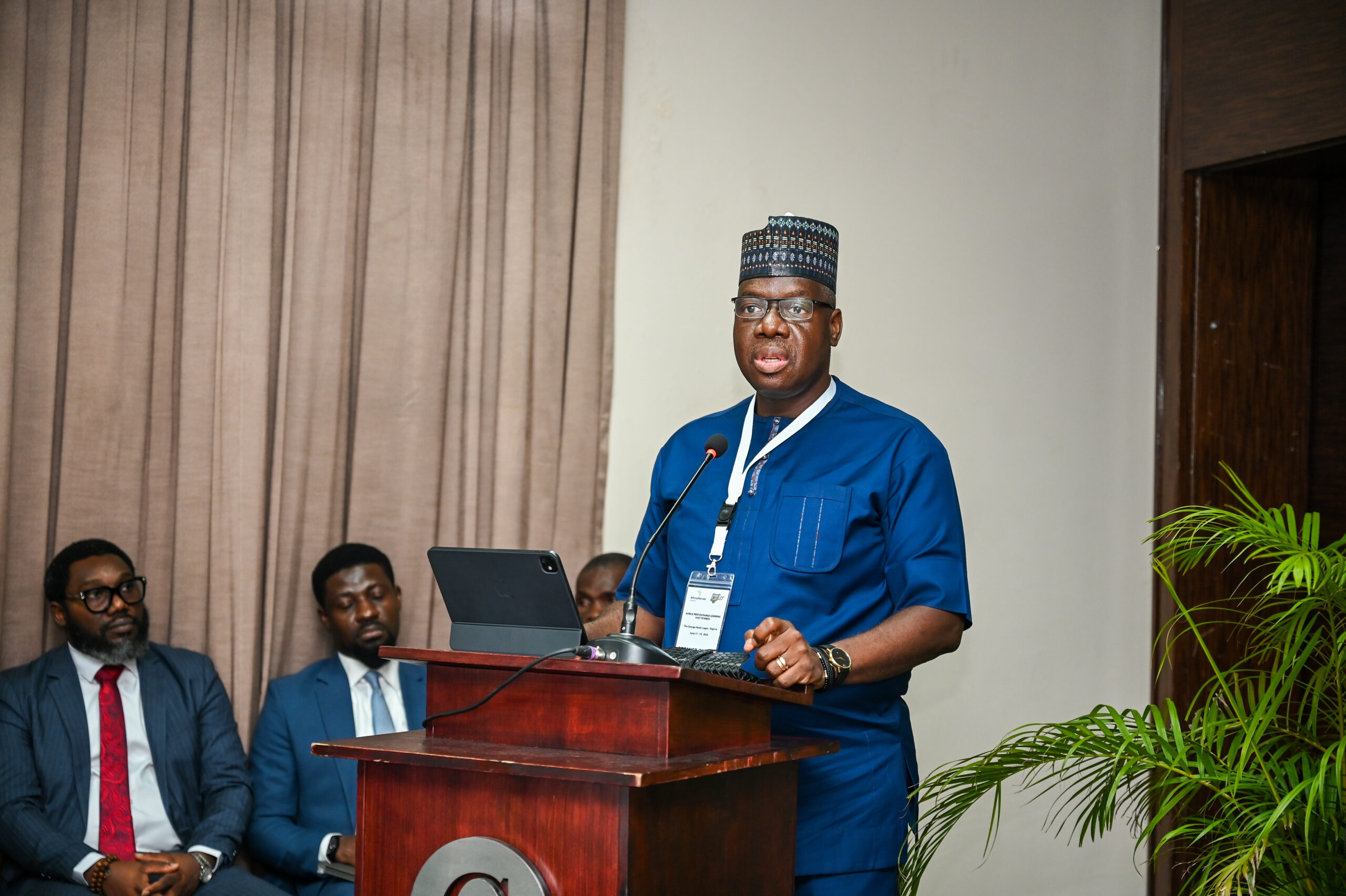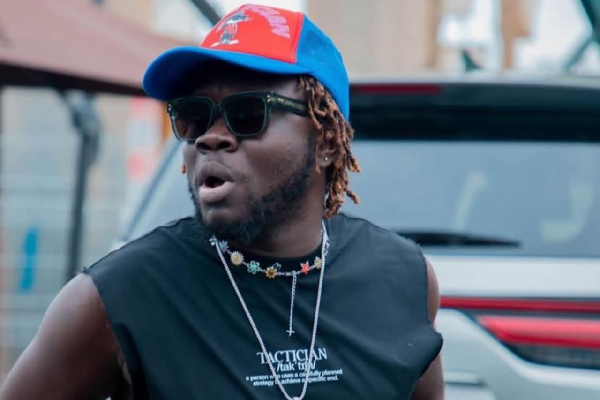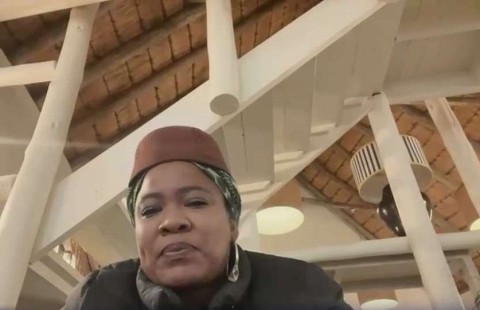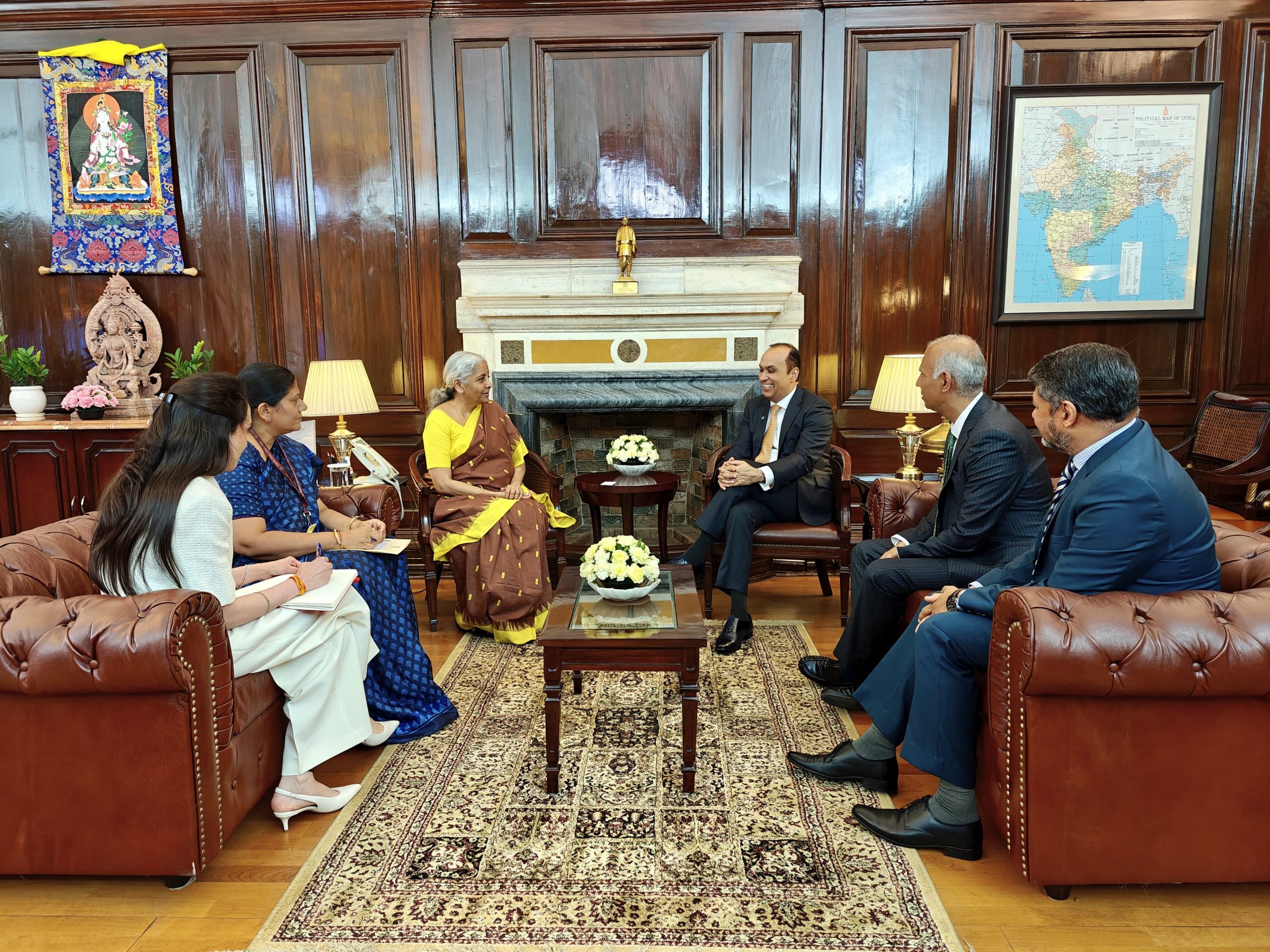Soludo's Democracy Day speech: Why a new Nigeria
the conversation continue!’ says Prof CC Soludo in his closing speech at the 2025 Democracy Day celebration. In this opinion, I am taking the challenge to join in the ongoing robust debate about Nigeria and her journey into the future.
I am taking the challenge not just to amplify Soludo’s powerful ideas, but more so, because I consider myself an incredible optimist, a firm believer in the Nigerian project, and because I am involved. Though our tribe and tongue may differ, it is better to jaw-jaw than war-war. Iran, Ukraine are current examples of how diplomacy and negotiation remain the best way to resolve issues rather than the other way.
Nigeria, Africa’s most populous nation, has long been touted as a country with immense potential. However, despite its rich natural resources, cultural diversity, and human capital, Nigeria has struggled to meet the expectations of its citizens and of the black race. The country’s history is marked by periods of promises, broken politics and disappointments, leading to unfulfilled hopes, and various challenges hindering its progress.
Nigeria was amalgamated in 1914 and gained independence from the British in 1960 with high hopes for a bright future, but the country was soon plunged into a brutal civil war that lasted from 1967 to 1970. The Biafra-Nigeria civil war was Africa’s most brutal war, with millions of lives lost on both sides in the conflict.
The post-war period saw some economic growth, but it was largely driven by oil revenues, which failed to translate into sustainable development or improved living standards for most Nigerians. Military rule and corruption further undermined the country’s potential, with successive governments failing to prioritize the welfare of citizens.
Every era of Nigeria’s chequered political history presented its unique problems. For instance, while the first republic was characterized by public officers demanding 10 per cent in commissions for government projects, the second republic was mired by the notion of ‘if you cannot beat them, join them’. In other words, ‘’if you cannot stop corruption, be part of it. That era witnessed elite cooperation and collaboration in high-stakes corruption. While the political elite plundered the country’s resources, the people were asked to fast and tighten their belts in what the ruling class termed ‘’austerity measure’’. The Third Republic, though short-lived, aimed at introducing new breed politicians, ended up with the ‘new greed’ syndrome. The Fourth Republic still ongoing with nearly 26 years of uninterrupted democracy compounded and rolled into one, all that was bad with the first, second, and third republics, thus, creating numerous challenges, including a climate of pervasive corruption, poverty, unemployment, and infrastructure deficits. Insecurity continues to plague the northeast, while banditry and kidnapping are widespread across the country. The widespread insecurity which has made Nigeria a killing field and one of the most unsafe places to live in does not justify the over N41trn invested on security in the past years. Economic growth has been sluggish, with rising inflation and unemployment exacerbating poverty and inequality. Over 54 per cent of Nigerians lives in multi dimensional poverty, with 75% of that demography living in the rural areas Nigeria boasts of 18.3 million out of school children- the highest number globally. Fewer than 20 per cent of the 3000 Primary Health Centres are fully functional and at least one maternal death recorded every seven minutes, according WHO reports. The economy is shrinking by the day due to harsh business conditions. Over seven million small and medium enterprises and 80 manufacturing companies have either shut down or ceased operation. At the last count, no fewer than 18 multi-national companies have exited Nigeria in the past two years. Despite its vast potential, Nigeria’s power sector remains underdeveloped, and basic services like healthcare and education are often inadequate. The country’s GDP at the time of writing this opinion has suffered 60 per cent of decline.
It was on the above premise and reality that Soludo spoke on the celebration of 2025 Democracy Day. In a thought-provoking speech delivered at the Platform, Prof. Charles Soludo, Governor of Anambra State, emphasised the need for Nigeria’s rebirth through ethical transformation, a line of thought I also aligned with. There is no debate that Nigeria suffers from ethical dilemmas and loss of moral values as a result of no ideological political leadership. What Nigeria is now wasn’t what it was at independence.
We simply degenerated, growing from bad to worse. All the political parties look alike and left little or no options for the people. Apologies to Late Bola Ige, the existing political parties are so identical that they can safely be described as the same fingers of one leprous hand. Lacking clear policy direction and without ideological leaning, politicians took advantage of these loopholes to migrate like nomads looking for green pasture from one party to the other, and they do this without shame due to weak accountability for their actions. Opportunism and opportunistic alliances were prioritised over principled leadership and policies.
He lamented the lack of ideological debates in Nigerian politics, stating that political parties are mere platforms for opportunism rather than public purpose. He further bemoaned the elevation of personality driven politics which prioritised individual leaders over policy with the risk of potential authoritarianism.
To mitigate these factors, the erudite Professor with the inspiring power of the garb advocated for a new politics based on ideology, citing the need for policy clarity, predictability, and continuity. According to him, this would ensure that parties govern with purpose-driven agendas, rather than whims and fancies of political Toms and Jerrys.
According to him, the country’s politics requires a soul, which can be achieved by organising around ideological divides such as moderates, Conservatives, progressives or, socialists. Soludo prides himself as a progressive and would like to see progressives group and band together to build on progressivism.
On creating a new Nigeria, the governor stressed the importance of creating a critical mass of “new Nigerians” who believe in the country and are willing to work towards its progress. He emphasised the need to uproot the culture of corruption and promote ethical values, highlighting Anambra’s efforts to challenge superstitious beliefs in wealth through magic or miracles.
Soludo shared Anambra’s experience in promoting ethical governance, including the enactment of the Homeland Security Law, which criminalises the practice of promising wealth through magical means. He also highlighted the state’s efforts to reorient its citizens towards hard work, enterprise, and integrity.
The One Youth Two Skill initiative pioneered by the governor, was designed to equip the youths with skills, lift millions out of poverty, and create a generation of youths to fit into the emerging economy and be ready for export.
People are better when they are united. Soludo’s speech was a call to action, hence he concluded by calling on Nigerians to unite around a consolidated agenda for national rebirth. A consolidate agenda that most remain sacred and for a contract with the people, irrespective of party affiliation. He emphasised the importance of progressive change and the need for a new Nigeria where every citizen has a stake in its survival and prosperity. Soludo in my view is right in his proposition that the Chapter 2 rights as enshrined in our constitution should define and distinguish our political parties. By working together, Soludo emphasised and I agree with him that Nigerians can create a brighter future for themselves and future generations. Let every political leader, political party and politician answer for himself or themselves how they intend to give life to the Chapter Two Rights of the Constitution. Let the real conversation begin !!











